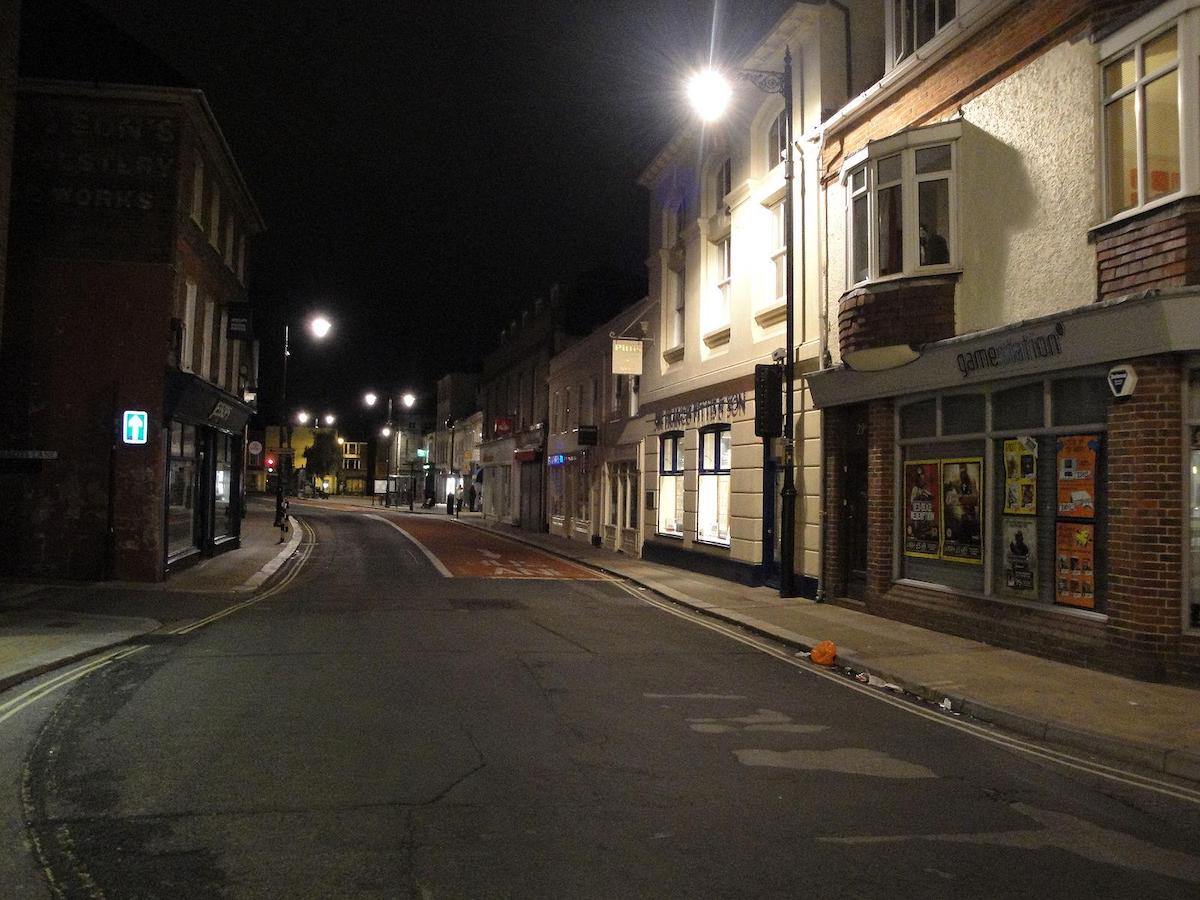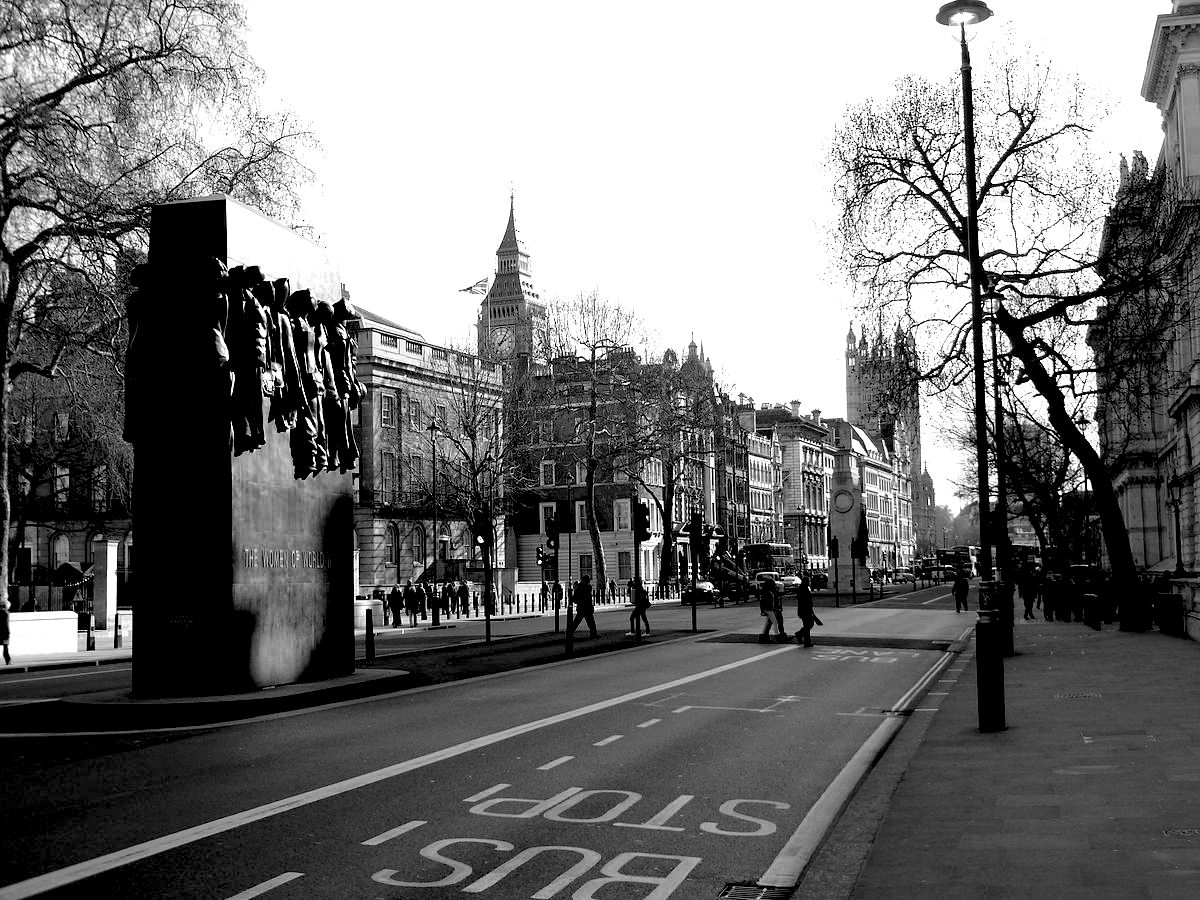A free hand or a free market? How competitive is public procurement in Europe? Part one of a three part series
In this series of articles, we will explore how competitive the overall public procurement tendering process is for European countries. The most value for money in public procurement is linked to a competitive tendering process. This means encouraging multiple bidders to present offers. There are many ways to do this, all of which have a demonstrable ...
Counting the human cost of supported accommodation
BBC Newsnight worked with Spend Network to report on supported accommodation for looked after children. This forms part of their series Britain's Hidden Children's Homes.
At present, over 5,000 looked-after-children are living in "supported accommodation". Supported accommodation are homes that provide support but not care to children under 18. These homes are outside Ofsted’s mandate for registration ...
‘Data that Cares’, a report into the Adult Health and Social Care market using our data
We are pleased to announce the release of the FCC/IPPR report ‘Data that Cares’! This is a report into the Adult Health and Social Care Market that breaks new ground in analysis of this sector. Our analysis and data revealed that 5-6% of the market is at ‘risk’. This means that circa 25,000 beds are at ...
Region profile: Insurance in Europe
In this article, we explore public sector insurance tenders in Europe. First, we look at how many tenders are being issued year by year by public sector bodies in Europe and their value. We then deep dive into some of the largest countries and show what the range of values and tender quantities these markets have.
We ...
Country Profile: South Africa
South Africa is seeing an increased interest in public procurement owing to corruption and the role it plays in economic development. The question is: where can the most impact be made?
As we can see from this graph, over the last three years, contracting has been increasing steadily with a dip in 2019. Buying tends to increase ...
How closed is Malaysia? Country Profile: Malaysia
In the wake of the 1MBD scandal and the arrival of a new government, has any meaningful change occurred in Malaysia procurement?
The answer is complicated. Tenders have opened up in Malaysia to an extent, especially in there period FY18/19 when Spend Network found 654 tenders compared to almost nothing before. But this 654 tenders compares to ...
The French Connection: public sector demand in France
In this article we’ll be looking at France’s public sector demand over the past 5 years to see what the largest categories are. From our data, the top 21 types of tenders coming from France over the past 5 years were as follows:
Construction work, as with many other European countries, features prominently. Other recurring tender types ...
Building Europe, a Region Profile: Construction in Europe 2016 to mid 2019
For all its recent troubles, Europe is seeing growth in one sector: construction in the public sector. In this article, we explore the trends in the European public works sector.
An overview of Europe's public sector construction market
As we can see from the chart for the period from the beginning of 2016 to present the amount of ...
Procurement jargon explained
Do you need a quick way to explain procurement terms? Here’s a run down of some common terms used in procurement, including acronyms to watch out for:
Alcatel ('standstill') period
A ten calendar day standstill period between the announcement of a contract award on OJEU and the signing of a contract, designed so unsuccessful bidders have time ...
6 golden rules for selling to Government
Globally, public sector contract spending is $13 trillion a year. This is a great opportunity for all kinds of businesses from consultancies to caterers. There is no shortage of advice available so we reviewed dozens of these advice articles and stripped them down to these golden rules:
1. Know the rules
Before getting started, you must understand the ...
Why do Government IT projects fail?
Why do Government IT projects consistently fail? Below are eight reasons why we keep getting this wrong.
1. We've bought into a tech utopia
Believe that technology is a solution to difficult problems, and we start to think about the edge case of possibilities and how it can be used to deliver a utopian future - blockchain anyone? ...












